The Political Dynamics in Manipur: A Mandate Against the Centre
It is widely acknowledged that the central government has significantly constrained the actions of Manipur's Chief Minister, N. Biren Singh. Numerous observers and locals believe that the Chief Minister's hands have been tied by the Centre, rendering him almost powerless.
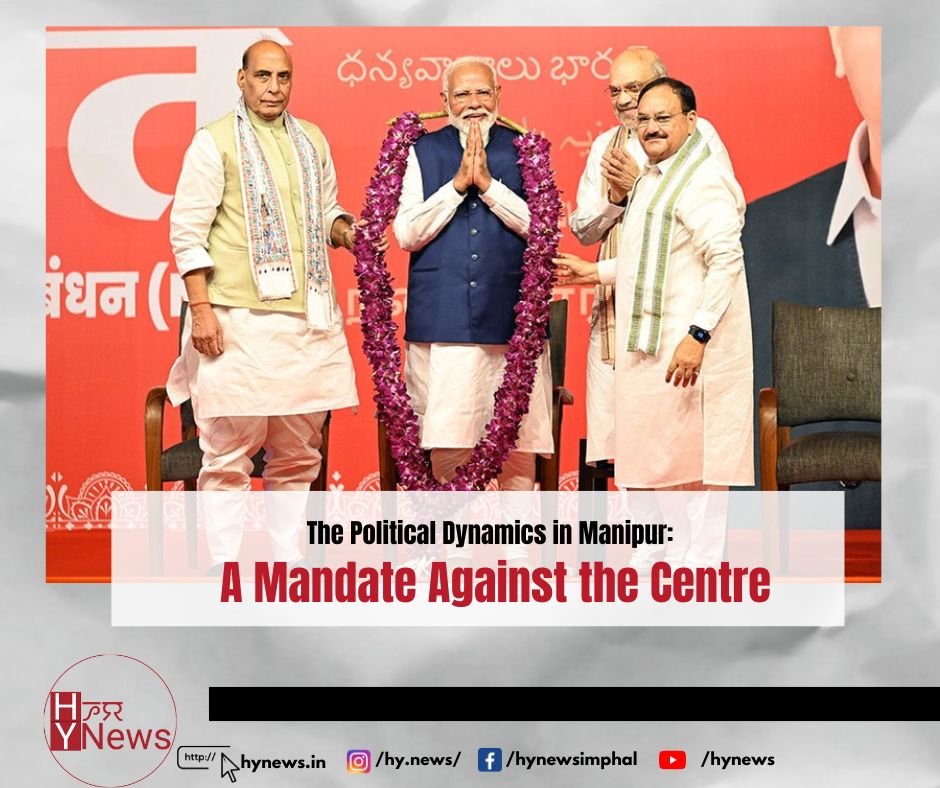
The recent political mandate in Manipur has sparked significant debate, with many arguing that the electorate's decision was a clear message against the central government rather than the state administration. This perception is reinforced by several key factors that have shaped the political landscape in the region.
Central Government's Influence on the Chief Minister
It is widely acknowledged that the central government has significantly constrained the actions of Manipur's Chief Minister, N. Biren Singh. Numerous observers and locals believe that the Chief Minister's hands have been tied by the Centre, rendering him almost powerless. This perceived helplessness stems from the fact that he does not head the unified headquarters, a crucial position for maintaining law and order in the state.
Control of Law and Order
The central government has exerted its control over law and order in Manipur through the appointment of a security advisor. This move has effectively sidelined the Chief Minister from critical security and administrative decisions, further highlighting the Centre's dominant role in the state's governance.
The Dilemma of Resignation
One pressing question is why Chief Minister Biren Singh did not resign if the Centre had indeed stripped him of his powers. The situation is complicated, the Kuki community have been demanding that N Biren Singh be removed from office. They have even stated that they will not engage in any dialogue until he is ousted. If Biren were to resign or be removed, it could be perceived as capitulating to the demands of the Kukis, which would have broader implications. This scenario necessitates a deeper understanding and discussion among the Meitei community to grasp the underlying political realities.
Electoral Patterns in Sugnu
The voting patterns in areas like Sugnu offer additional insights into the electorate's sentiments. Despite having a Congress MLA, the people of Sugunu voted for the Naga People's Front (NPF). This choice indicates that the mandate was a protest against the Centre rather than a wholehearted endorsement of the Congress. The preference for the NPF over the Congress suggests a nuanced political stance, reflecting discontent with the central government while also seeking alternatives beyond the traditional opposition.
Conclusion
The political scenario in Manipur is complex and multifaceted. The recent mandate appears to be a clear signal of discontent with the central government’s handling of state affairs. The constraints placed on the Chief Minister, the control of law and order by a centrally appointed advisor, and the intricate electoral choices all point towards a broader narrative of opposition to central dominance. Understanding these dynamics is crucial for any meaningful discourse on the future of Manipur's governance and political stability.

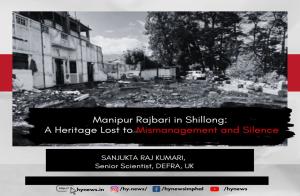





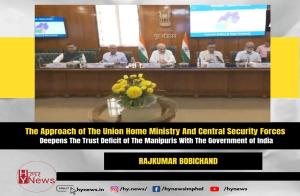
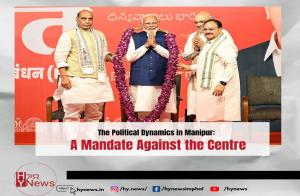
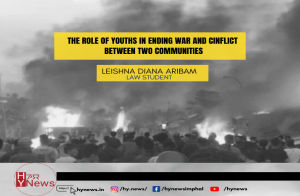

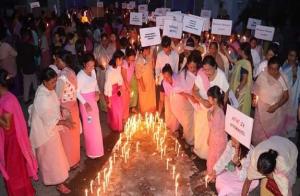
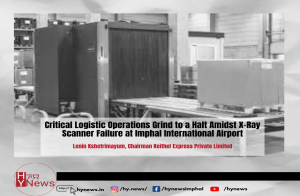
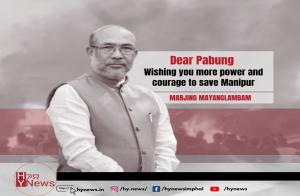
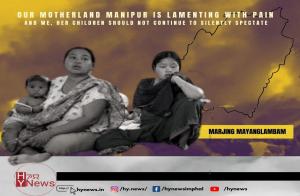
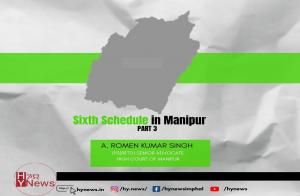
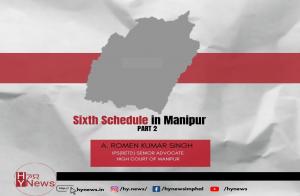
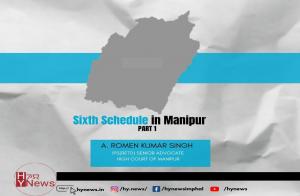







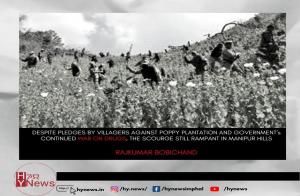

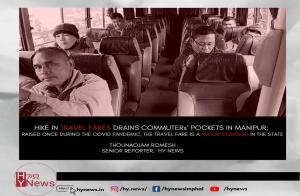

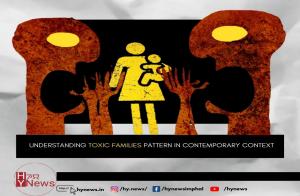






Leave Comments